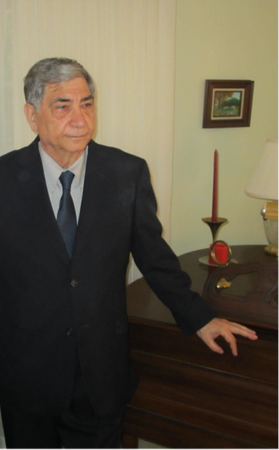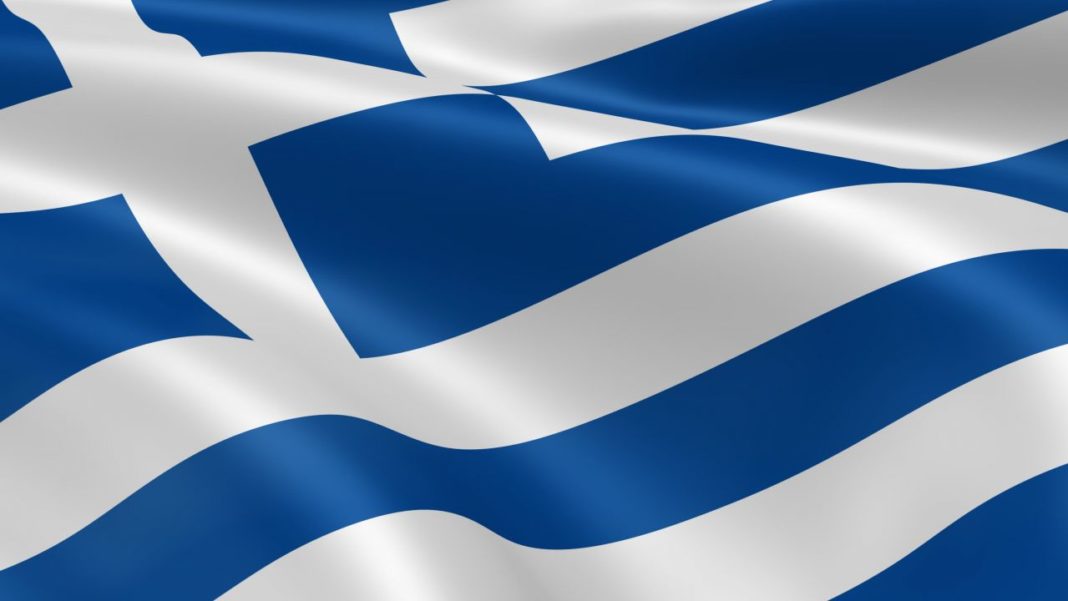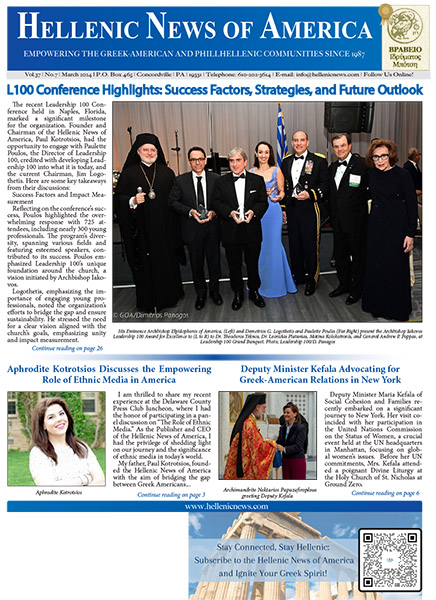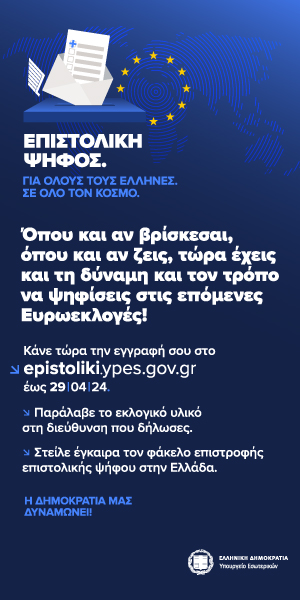By Marcus A. Templar, Contributing Editor
In a recent fraudulent press release dated October 26, 2019, the World Macedonian [sic] Congress (WMC) and its accolades misrepresented the festivities of the traditional Greek ‘Demetria’ Festival from the Greek region of Macedonia as being a Slavic “Macedonian” event. They claim that the Greeks have illegally appropriated the festival from the Slav inhabitants of the Skopjan or ‘North Macedonian’ republic.
It is evident that the members of the Skopjan diaspora, as indicated by the WMC press release, have perpetually maintained their unconscious incompetence as far as learning about Greece, and Greek culture are concerned. They are not motivated to learn because they have no idea how ignorant they are. If they had the capacity to learn, they would know that the present-day Demetria festival in Macedonia, Greece, is rooted in the pagan past of the Greek people.
Intending to set the record straight, I am briefly citing the story behind the festivities of Demetria.
One of the commemorative celebrations that began during the prehistoric times of the Greek nation is the Cabeiria (Cabiria/Kaviria – Καβείρια), which is the ancestor of the Demetria. The Cabiria was the commemoration of events that followed the great cataclysm that overwhelmed the great valley, the famous Aegean. In Greek mythology, the Cabeiri or Cabiri (Greek: Κάβειροι, Kábeiroi) were a group of mysterious chthonic deities. They were worshiped in a mystery cult closely associated with that of Hephaestus, the god of the underworld. Their worship centered in the north Aegean islands of Lemnos and Samothrace (Herodotus book 2: 51.1-4). They can be identified with ‘kallikantzaros’ – a malevolent goblin in Greek folk tradition.
The inhabitants of Samothrace attributed the earthquake that sunk the land and allowed the water of the Mediterranean Sea to fill the vacuum, to Cabeiri. People started withdrawing to the top of the mountains as their land kept disappearing under the rising sea levels, seeking refuge to the highest mountain top, named Saos. (Diodorus Siculus 5.47.5). The etymology of the word pelagos or πέλαγος as a designation of the Aegean adds to the story of the said flood. The etymology of Pelagos (Πέλαγος) derives from the words πέλειον ἂργος (peleion argos) which denotes a lowland area flooded with water; “peleion argos” means “old land” as opposed to the word πόντος (pontos) which means “sunk land” (Lexicon Liddell and Scott).
It should be noted that Phillip II, the King of Macedonia met and fell in love with Olympias, the mother of Alexander the Great, during the Cabirian Festivities in Samothrace (Plutarch, Alexander 2.1). This is a fact that any true Macedonian of Greek heritage knows all about.
Later on, in about the 5th century – a couple of centuries before the ancestors of the present-day self-proclaimed “Macedonians” arrived in Macedonia proper (which is actually in Greece) – Christianity and Saint Demetrius replaced the Cabeirians in worship. A witness to the cruel persecutions against the Christians, launched by the pagan Roman Emperor Maximian Galerius, Saint Demetrius was killed in 306 AD. He was recognized by the AD 5th-century as the patron saint of Thessaloniki.
One wonders, why do the Slavs of Skopje and their diaspora keep attacking everything Greek accusing Greeks of appropriating their culture? A transparent mirror image perception is an easy way out.
The only explanation I have is that they intrinsically want to be part of the Greek nation. They have demonstrated this by adopting the regional designation of “Macedonian” and making it an ethnic identifier, perpetually ignoring their Bulgarian heritage!
I would suggest that they keep trying – who knows, perhaps someday the Skopjans might become Greeks? Barking and clamoring while playing the victim card is a sycophantic reaction to the Greeks and it has stopped working.
Through their government, the people of Skopje came to terms with their Slavic origins, relinquishing any and all rights and connection to the ancient Macedonian Greeks and their heritage, as clearly stated in Article 7 of the Prespa Agreement of 2018, that came into force on February 12, 2019.
To be more specific, Article 7 of the said Agreement states:
Section 2. When reference is made to the First Party [Greece], these terms [Macedonian] denote not only the area and people of the northern region of the First Party [Greece], but also their attributes, as well as the Hellenic civilization, history, culture, and heritage of that region from antiquity to present day.
Section 4. The Second Party [Skopje] notes that its official language, the Macedonian language, is within the group of South Slavic languages. The Parties note that the official language and other attributes of the Second Party [Skopje] are not related to the ancient Hellenic civilization, history, culture and heritage of the northern region of the First Party [Greece].
Taking into consideration the aforementioned Prespa Agreement of 2018, we can definitely state that the WMC has been deprived the right to bark. They are barking up the wrong tree!








